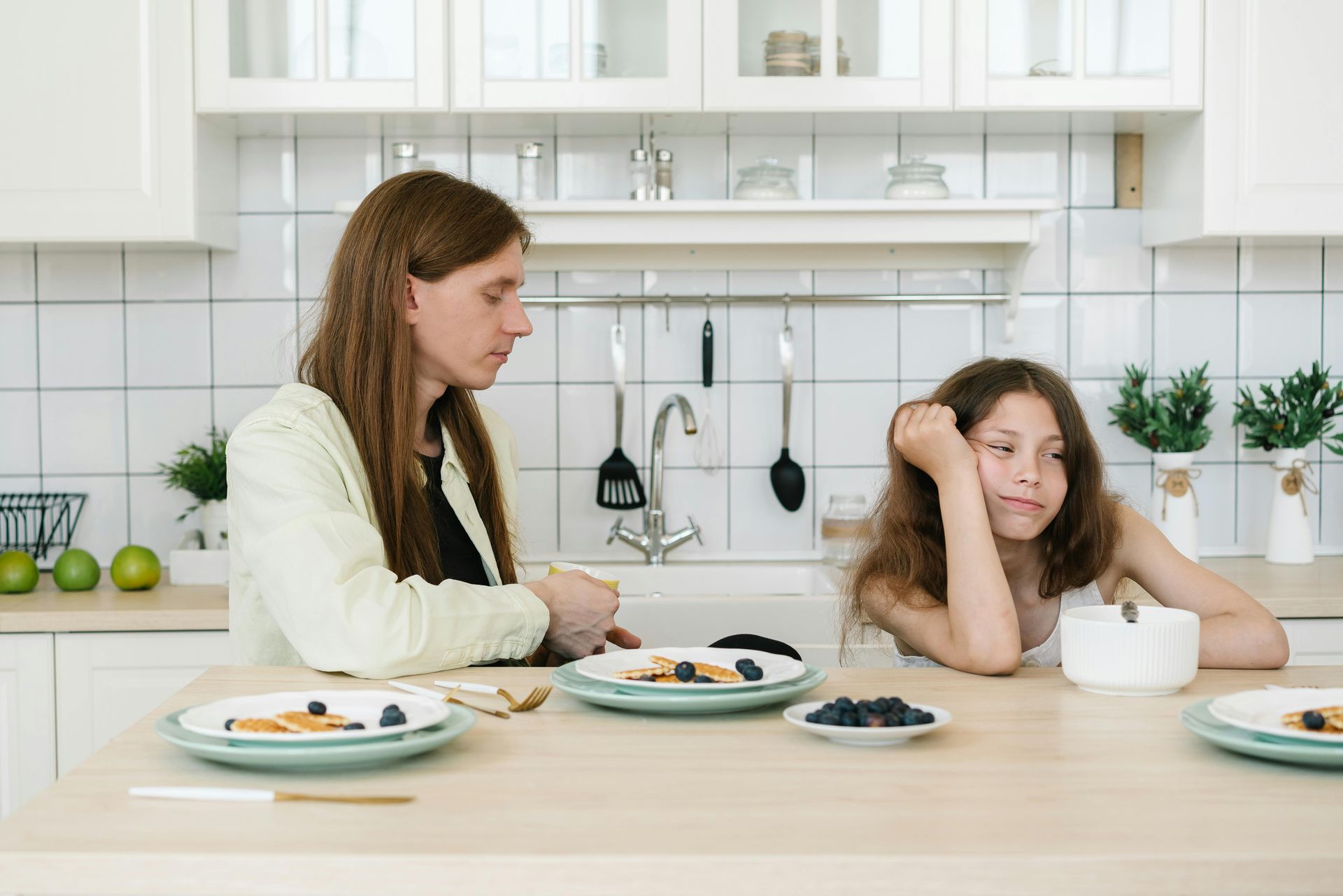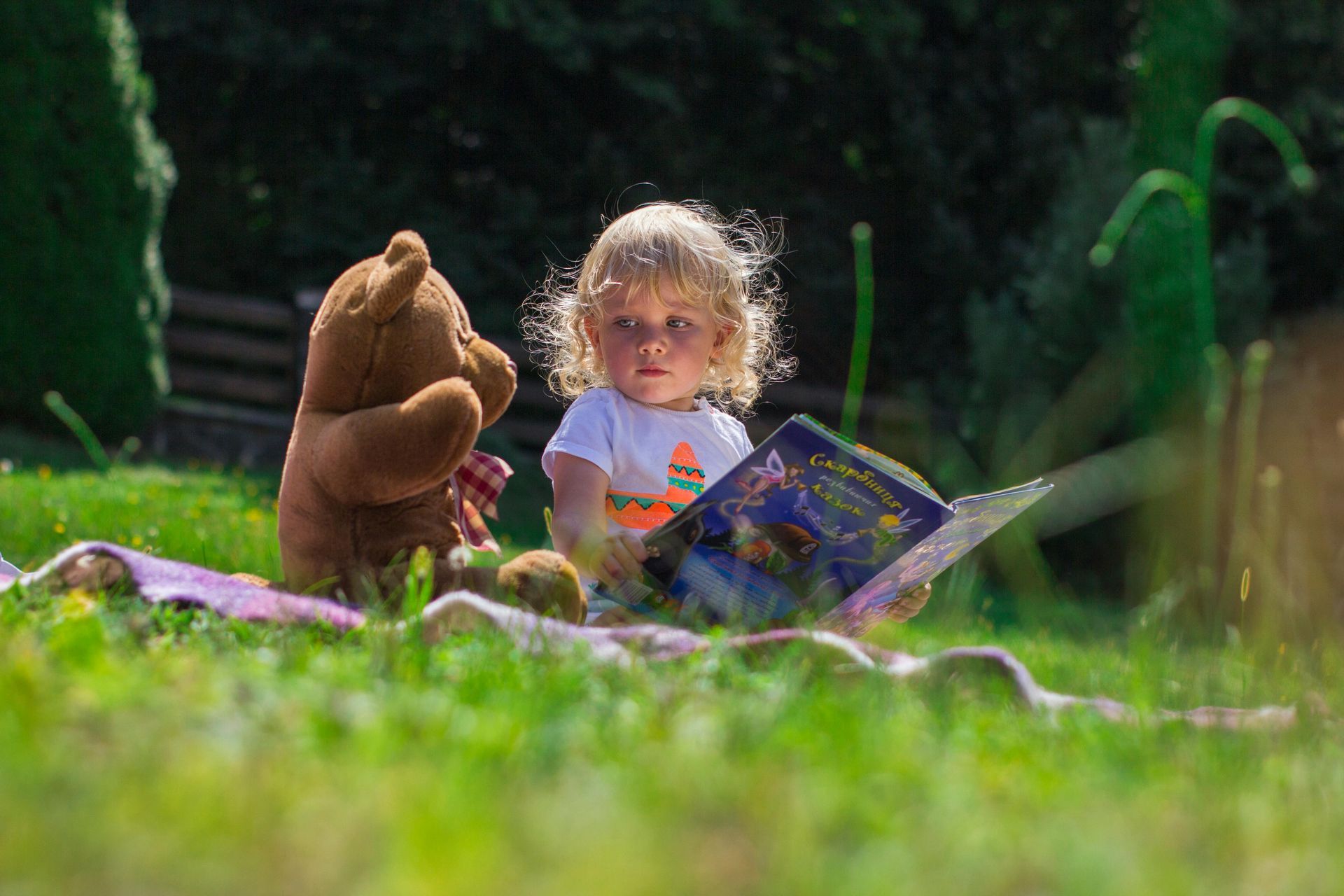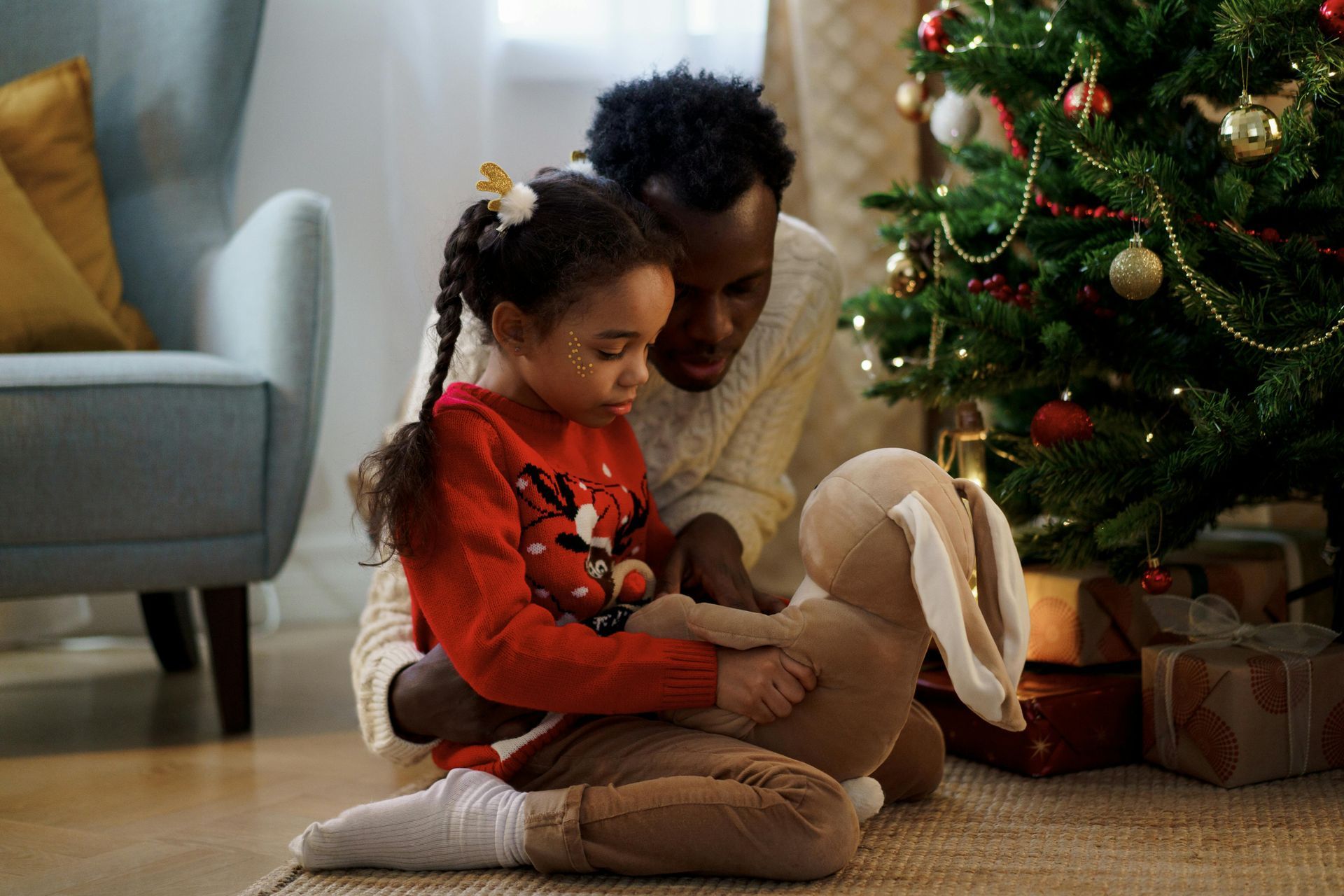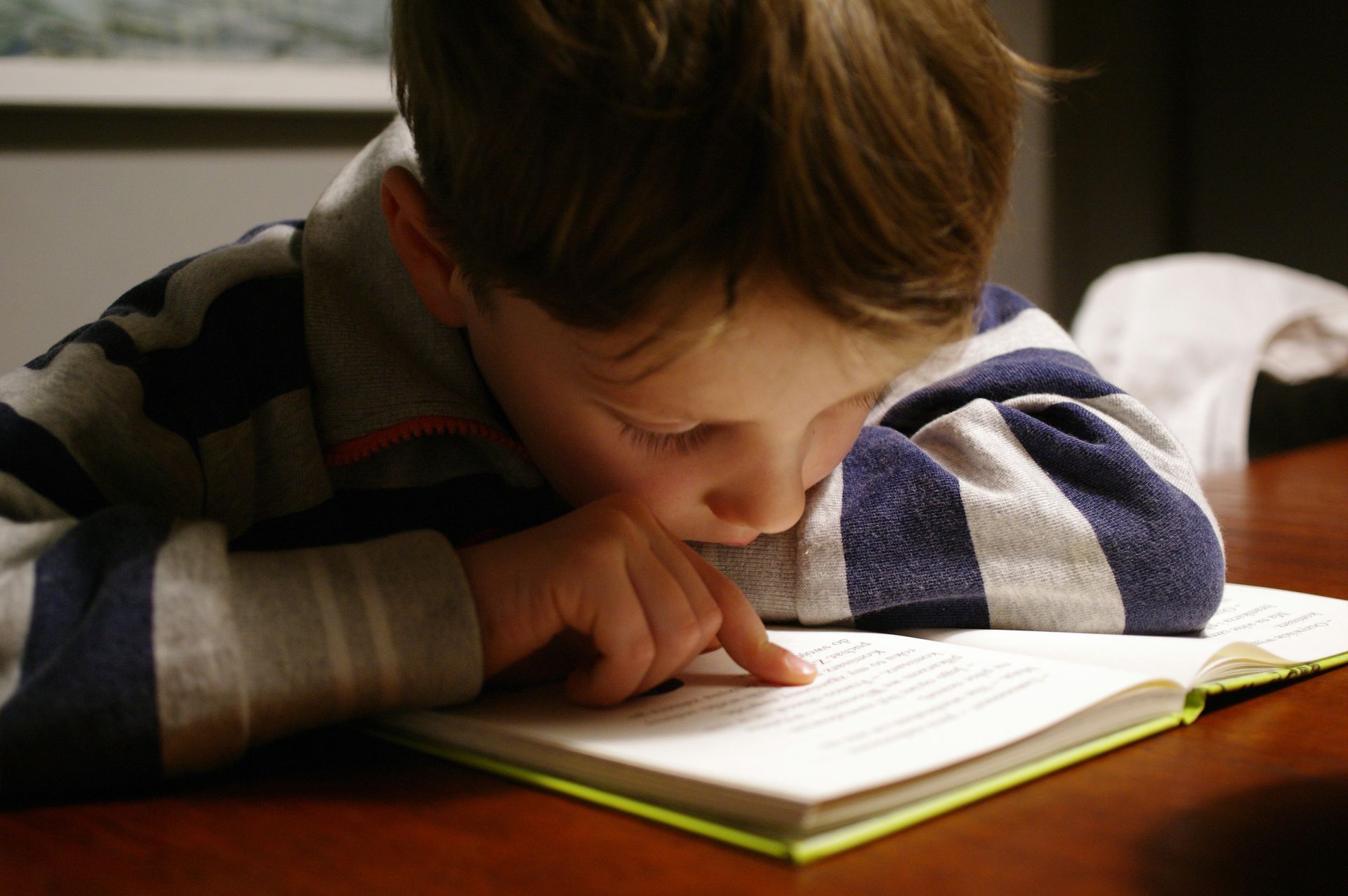Is Children's Mental Health Getting Worse? Strategies to Help Our Young Ones Thrive
In recent years, there has been a growing focus on children's mental health, and this is something we care deeply about. You may wonder, are children's mental health challenges on the rise? It's a complex issue, and while it may seem that way, there are various factors at play.
Understanding the Concerns:
Our little ones today face unique challenges that can affect their mental well-being:
- Digital Age Pressures: Kids today are surrounded by screens from a very young age. We need to be mindful of screen time, cyberbullying, and how they can impact their feelings.
- Academic Stress: School expectations can sometimes feel overwhelming, especially for our little learners. They might worry about meeting these expectations, leading to stress and anxiety.
- Social Pressures: The desire to fit in and peer pressure can make children feel stressed, especially as they grow.
- Pandemic Isolation: The pandemic has kept kids away from their friends, teachers, and family members. This isolation has been challenging for them.
- Awareness and Stigma Reduction: We're now more aware of children's mental health. This means more diagnoses, which can sometimes make it seem like there's an increase in cases.
Strategies to Help Children's Mental Health:
- Open Conversations: Encourage your child to talk about their feelings and thoughts. Let them know it's safe to share their concerns without fear of judgment.
- Limit Screen Time: Balance screen time with outdoor activities and face-to-face interactions. Play together and explore the world outside.
- Teach Coping Skills: Help your child develop resilience by teaching them simple techniques like deep breathing, mindfulness, and solving problems step by step.
- Be a Role Model: Children learn from what they see. Show them healthy ways to handle your emotions, and they'll follow your example.
- Online Safety: Teach your child about online safety and how to deal with cyberbullying. It's essential to navigate the online world wisely.
- Supportive Environment: Ensure your child knows they have a loving support system at home, school, and among friends and family.
- Professional Help: If you notice that your child is consistently distressed, don't hesitate to seek help from a mental health professional who specialises in working with children.
- Balance and Fun: Encourage a healthy balance between learning and play. Let them explore different activities that bring joy and curiosity.
- Quality Time: Spend time together, engaging in activities that foster bonding and fun. Play games, read stories, and be present in their world.
- Sleep and Nutrition: Ensure your child gets enough sleep and maintains a balanced diet. Sleep and nutrition play a significant role in their overall well-being.
The challenges our little ones face are indeed significant, but we're not helpless. By understanding these challenges and implementing these strategies, we can help our preschoolers and Key Stage 1 children thrive and develop resilience. Together, we can make a positive impact on their mental well-being, nurturing the youngest members of our community.
How the Mabel Series Can Help...
The Series introduces children to complex emotions in an age-appropriate and relatable way. These heartwarming stories foster empathy and understanding, encourage open conversations about mental health, and empower children with the tools to navigate their emotions and support their friends. By addressing these topics early, the series contributes to reducing stigma and nurturing children's emotional well-being.














